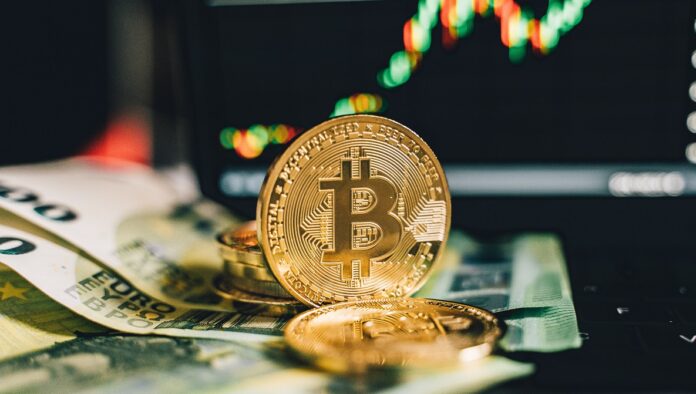Leaders from the Reserve Bank of India recently cautioned its citizens concerning the development of crypto assets. The bank cautioned that the dollar labels the majority of cryptocurrencies; thus, if not careful, the dollar will dominate India’s economy. The bank further emphasised that the dependence on the dollar would destroy the country’s financial security and independence.
The bank leaders are well-known parliamentary candidates and thus updated the parliament in the recent session. The leaders, Governor Shaktikanta Das and Jayant Sinha, the previous minister of state for Finance, insisted that the dollarisation method could hinder the Reserve Bank’s mandate to create monetary regulations.
Remote private firms run many crypto assets in India
A representative from the bank stated its ability to identify various money regulations and control India’s monetary policies. The representative further stated that the majority of crypto assets are regulated by remote private institutions that operate under the dollar; thus, if legalised will result in a hindrance to the country’s economy. Individuals immediate to the bank and parliament revealed that the leaders appreciated that several cryptocurrencies could be used as a platform to advertise and trade the rupee.
Unfortunately, the leaders emphasised that the capacity and possibility to restore its initial monetary policy would become difficult once the digital currencies are legalised. Furthermore, the leaders pointed out the shortcomings of various cryptocurrencies legalised in different jurisdictions across the globe. The leaders also emphasised the assets’ potential to invest in illegal acts, including money laundering and terrorism, among others. Both leaders advised that other banks in the country might find it challenging to maintain the resources to issue loans because most consumers will opt for cryptocurrencies rather than creating a bank savings account.
India is unsure of how to deal with crypto
The country is among the independent jurisdictions that championed the discussion concerning implementing cryptocurrencies policies. However, various opposing groups in India oppose the legalisation of crypto assets, thus sustaining doubt on the proper method to deal with digital currencies. However, India’s Parliament has introduced various laws that govern the trading of cryptocurrencies, including introducing a 30% tax on digital assets trading.















